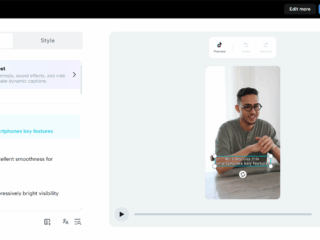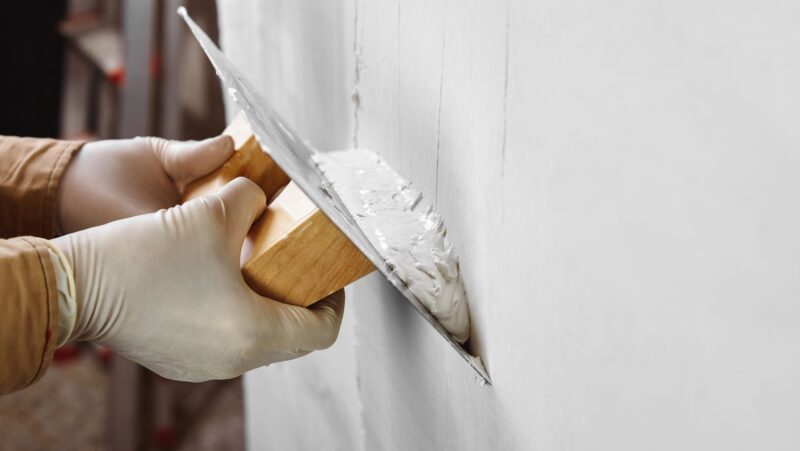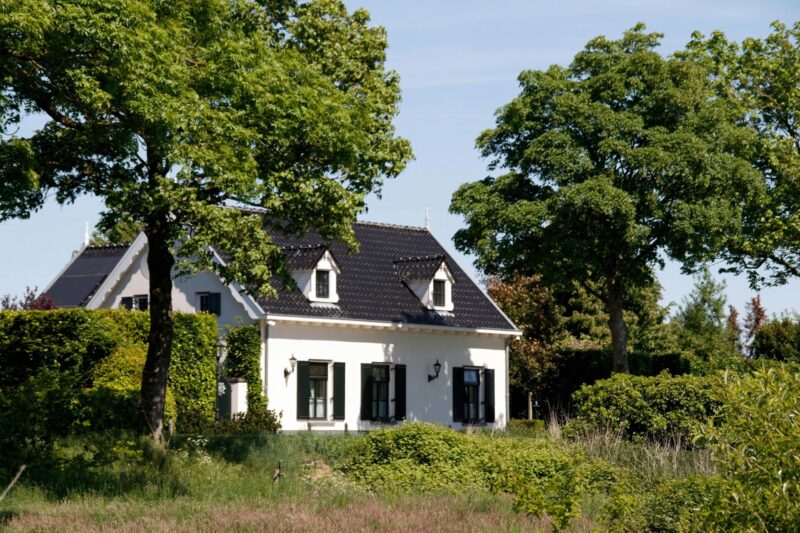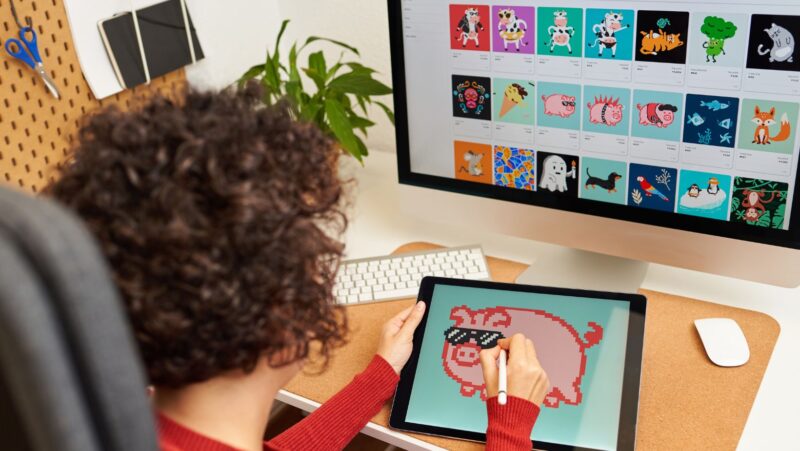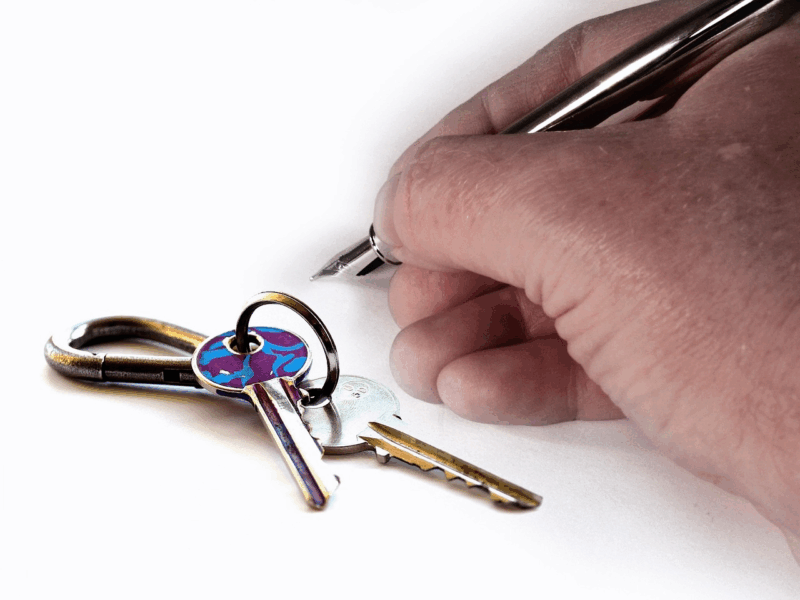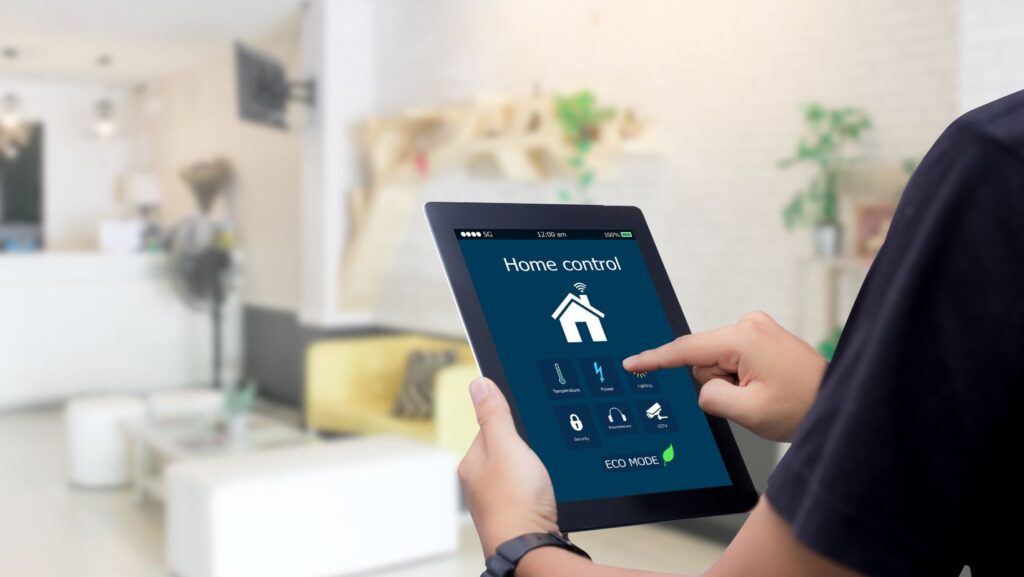
Smart home technology is transforming the way we live, providing convenience, efficiency, and enhanced security. Devices like automated locks, video doorbells, and smart thermostats allow homeowners to control and monitor their properties with ease. However, this advanced technology also introduces new challenges, particularly in the area of premises liability. When these devices fail or are misused, questions of responsibility can arise, potentially leaving property owners vulnerable to legal disputes.
Understanding how smart home technology impacts premises liability is crucial for homeowners and tenants alike. While these tools are designed to enhance safety, they must be installed, maintained, and used properly to avoid risks. Addressing these issues upfront helps ensure that smart homes remain both convenient and secure for all occupants and visitors.
The Role of Smart Devices in Premise Safety
Smart devices play a critical role in maintaining a safe environment for residents and guests. Video surveillance systems, for example, can deter trespassers and document incidents, providing valuable evidence in the event of a dispute. Smart locks allow property owners to control access remotely, reducing the risk of unauthorized entry. These features contribute to an overall sense of security for everyone on the premises.
However, improperly configured or malfunctioning devices can create safety hazards. For example, a faulty smart lock may fail to secure a door, or a motion sensor light might not activate as expected, leading to accidents or security breaches. Regular testing and updates are essential to ensure these devices function as intended and do not compromise safety.
Liability for Malfunctioning Smart Home Devices
When smart home devices fail and someone is injured as a result, determining liability can be complex. Homeowners may be held responsible if the injury occurred due to negligence, such as failing to repair or replace a defective device. For example, if a visitor trips on a staircase because a smart lighting system didn’t illuminate the area, the property owner could be liable for the resulting injuries.
Manufacturers and installers of smart devices might also share liability if the failure was due to a design flaw or improper installation. Consulting a Pueblo personal injury lawyer can help injured parties determine who is at fault and explore their legal options. Dealing with these issues highlights the importance of proper device maintenance and monitoring.
Privacy Concerns and Premises Liability
Smart home technology often includes devices that collect and store data, such as video footage, audio recordings, and usage logs. While these features enhance security, they also raise privacy concerns for visitors and tenants. Unauthorized access to this data or improper use of surveillance equipment could lead to legal disputes, particularly if someone feels their privacy was violated.
Property owners must ensure they are using these technologies responsibly and in compliance with local laws. Clear signage indicating the presence of surveillance equipment and obtaining consent where required can help avoid disputes. Respecting privacy not only fosters trust but also reduces the likelihood of liability claims related to data misuse.
Cybersecurity Risks and Liability
Smart home devices are connected to the internet, making them vulnerable to hacking and other cybersecurity threats. A compromised system could allow unauthorized individuals to gain access to the property, potentially leading to theft or harm. If a homeowner’s failure to secure their network contributed to the breach, they might face liability for resulting damages.

To mitigate these risks, homeowners should prioritize cybersecurity measures, such as using strong passwords, enabling two-factor authentication, and regularly updating device firmware. Ensuring a secure network minimizes the likelihood of a breach and protects both personal assets and the safety of occupants and visitors.
The Impact of Tenant-Owned Smart Devices
In rental properties, tenants may install their own smart devices, such as video doorbells or smart thermostats. While these additions can enhance the property, they can also introduce complications regarding liability. For instance, if a tenant-installed device causes an injury or fails to prevent an incident, determining who is responsible can be challenging.
Clear lease agreements outlining the responsibilities of both landlords and tenants regarding smart devices can help prevent disputes. Landlords should establish guidelines for the installation and use of such technology, ensuring it aligns with property standards and local regulations. This proactive approach fosters a safer and more harmonious living environment.
Legal Considerations for Smart Home Technology
Homeowners and landlords using smart technology must stay informed about relevant laws and regulations. For example, certain jurisdictions have specific requirements for the use of surveillance equipment, such as obtaining consent or limiting where cameras can be placed. Noncompliance with these laws can result in fines or legal action.
Regularly reviewing and updating smart device policies ensures they remain compliant with evolving legal standards. Consulting with legal professionals can provide clarity on best practices and help address any concerns. Staying proactive in legal compliance protects property owners from liability and fosters a safer environment for all.
Balancing Convenience with Responsibility
Smart home technology offers unparalleled convenience, but it also comes with responsibilities that property owners cannot ignore. Ensuring these devices are installed correctly, maintained regularly, and used ethically is essential for minimizing risks. Homeowners should consider smart technology as an extension of their overall premises safety strategy, not a replacement for traditional precautions.

Balancing the benefits of convenience with the need for diligence ensures that smart homes remain safe and functional. Investing in reliable devices, conducting regular maintenance, and addressing potential vulnerabilities helps property owners enjoy the advantages of smart technology while reducing liability concerns.
Proactive Steps to Minimize Risks
Smart home technology has revolutionized property management, offering innovative solutions for safety and convenience. However, its integration into daily life requires careful attention to maintenance, privacy, and cybersecurity. Property owners who take proactive steps to address these issues can reduce their exposure to liability while enhancing the safety and functionality of their homes.
Staying informed and seeking professional advice when needed ensures that smart technology remains an asset rather than a liability. With thoughtful planning and responsible use, homeowners can embrace the benefits of smart home technology while protecting themselves and their visitors from potential risks.




